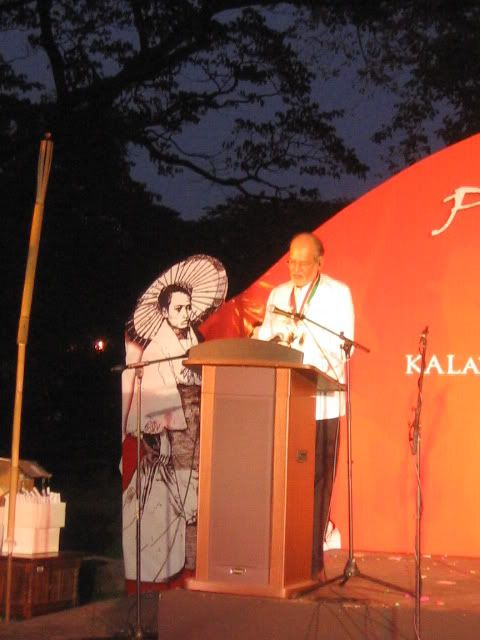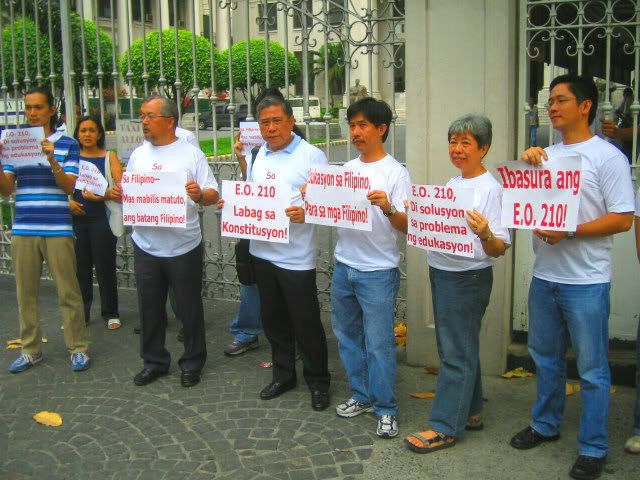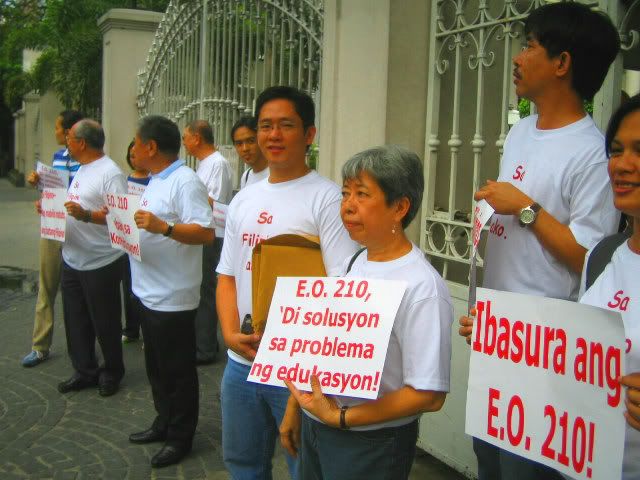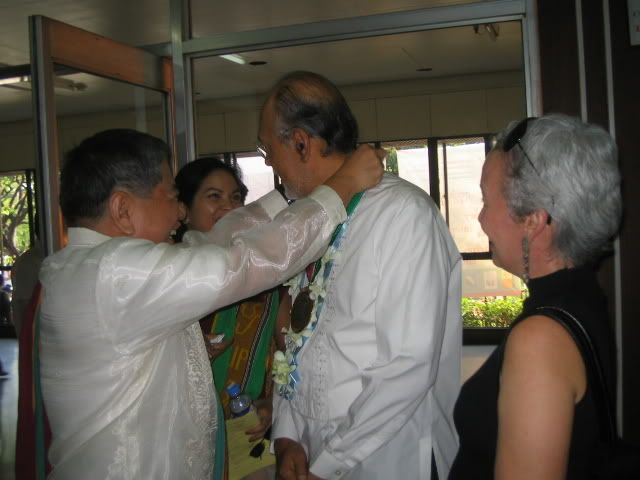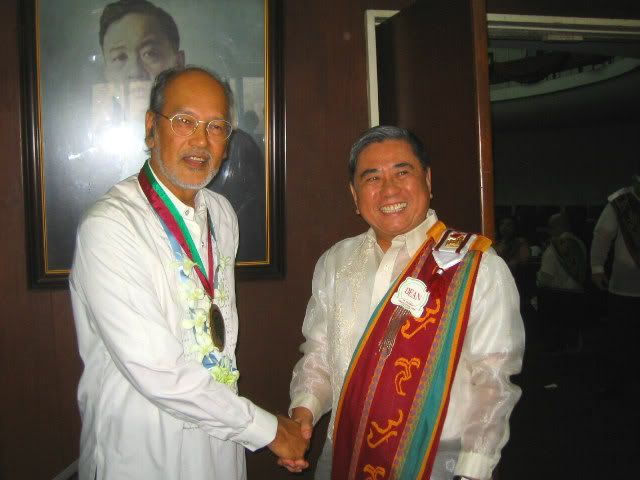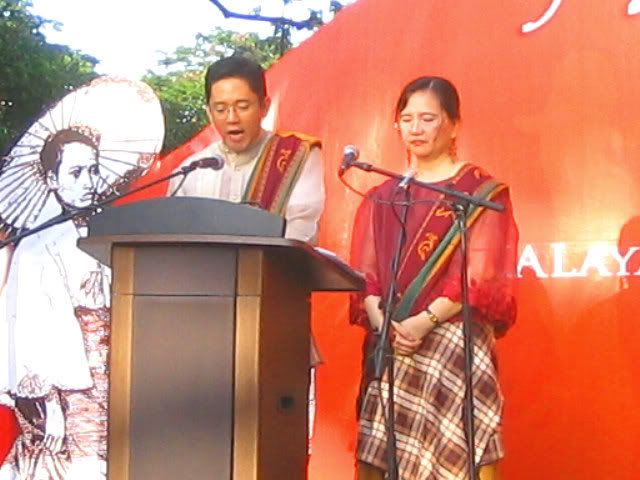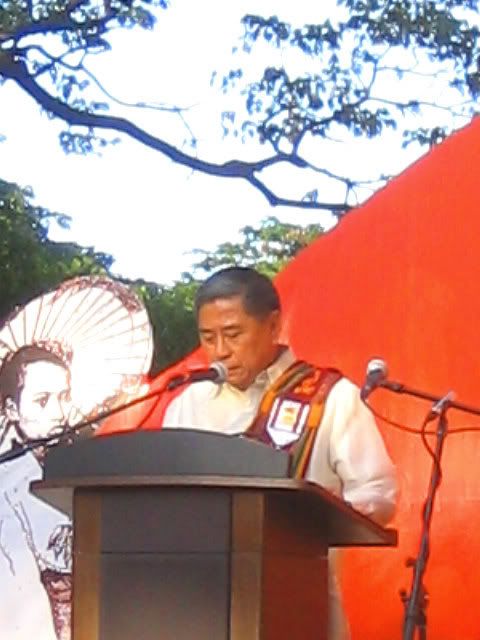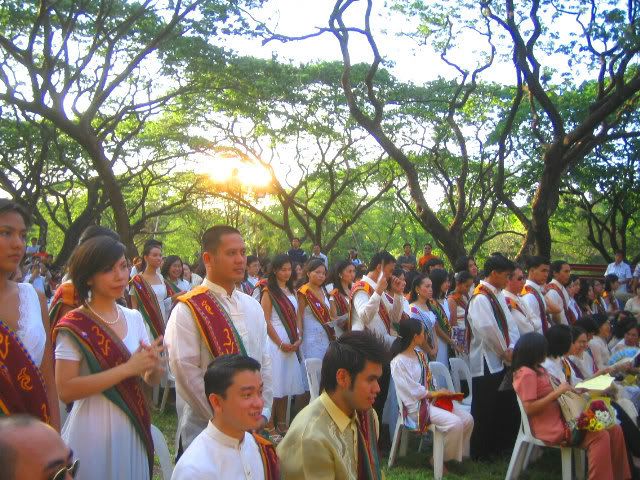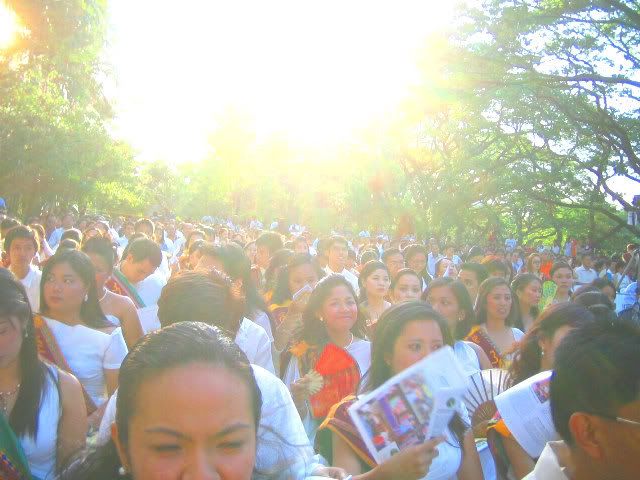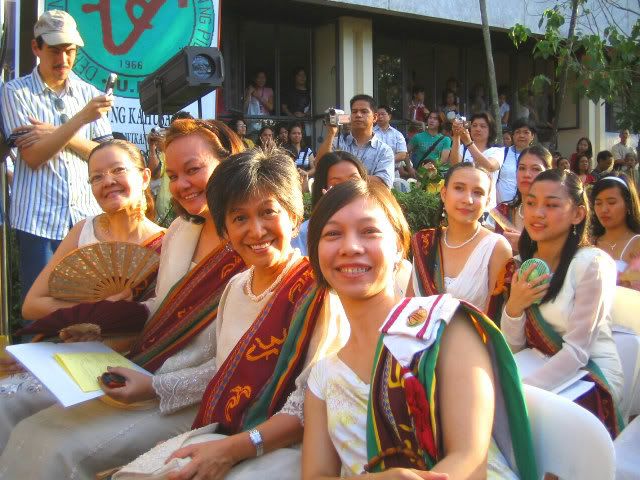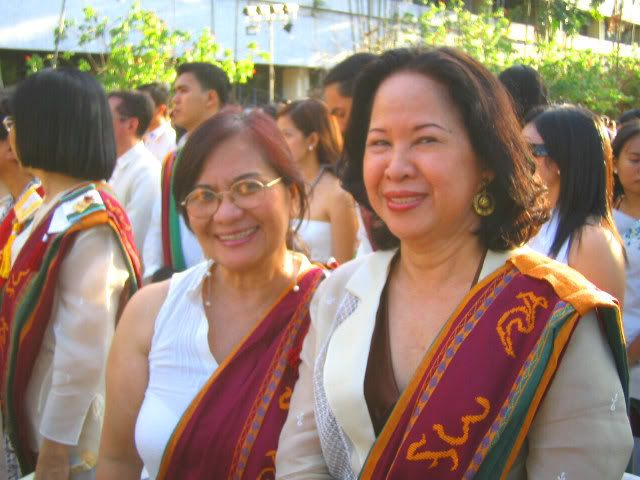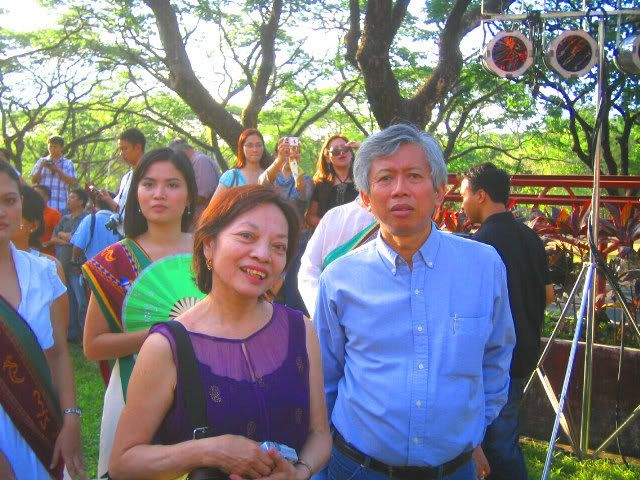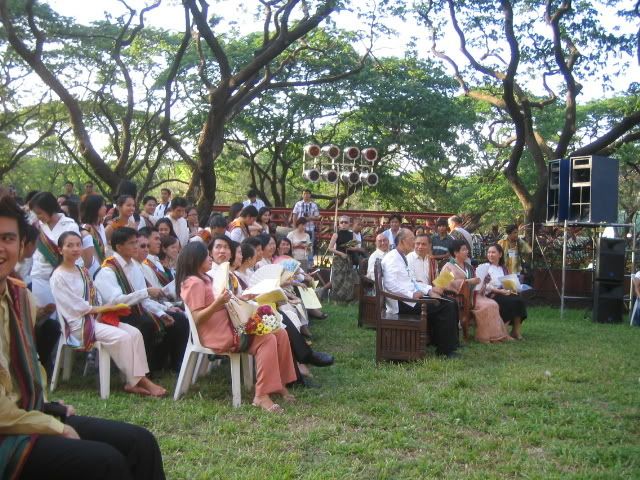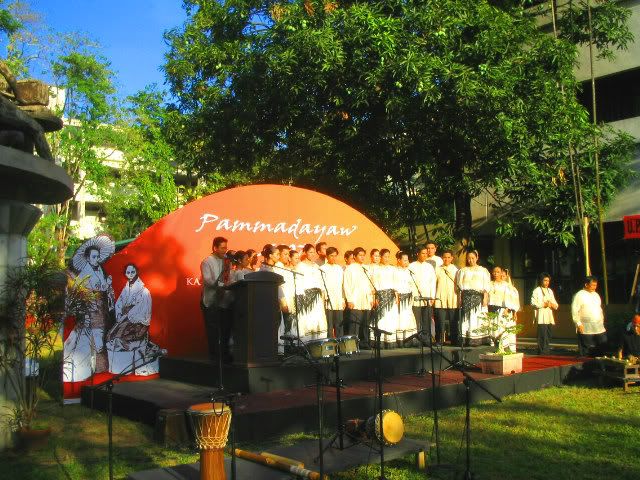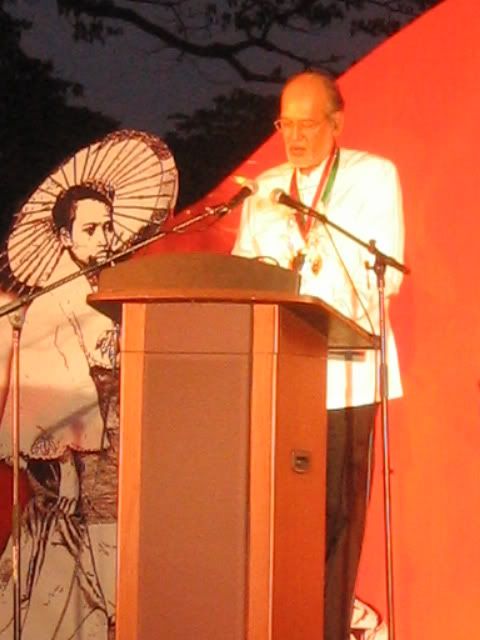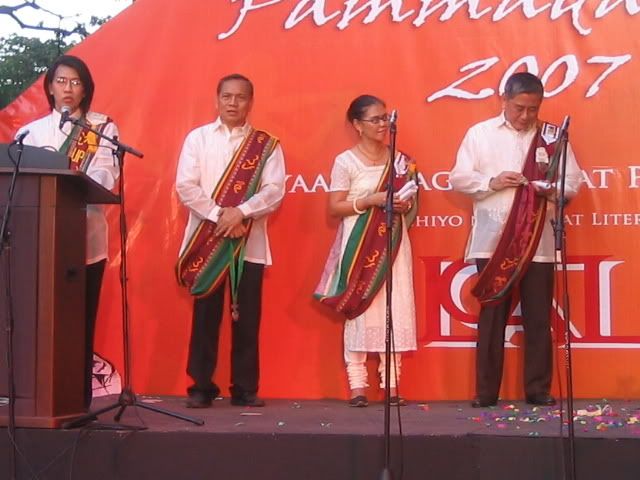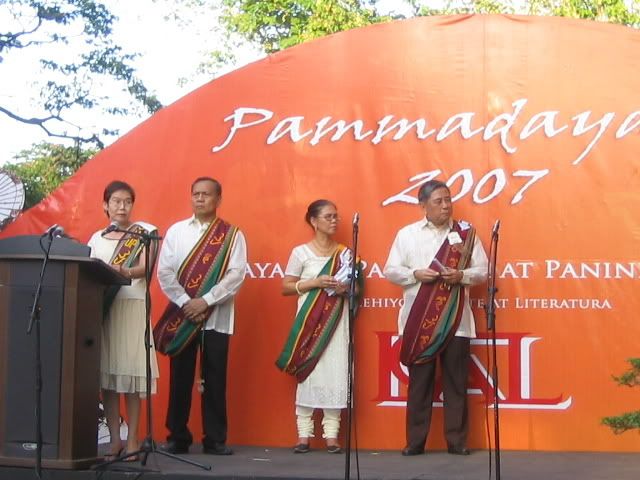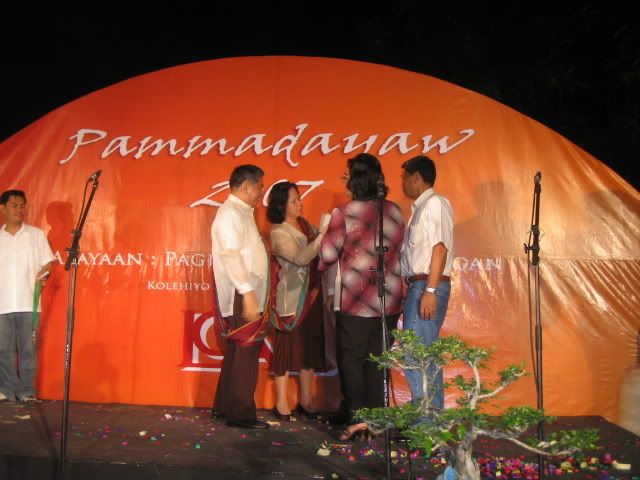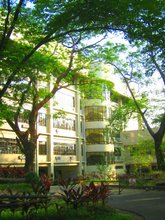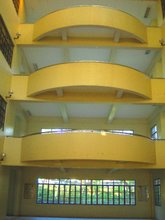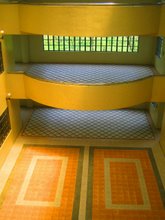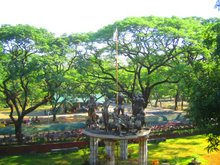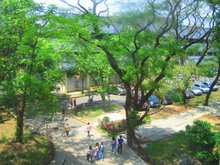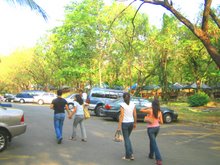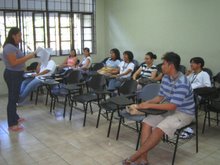Save UP College of Arts and Letters (UP CAL) faculty members!
The University of the Philippines College of Arts and Letters (CAL) was founded in 1983 after the UP
UP
Most importantly, all UP students attend UP CAL’s iconic general education and specialized courses in Creative Writing, English Language, Communication, Anglo-American literature, Comparative Literature, Filipino, Philippine Studies, Philippine Literatures and Cultures, European Languages, Speech Communication, Theater Arts, Art Studies, Philippine Institutions (Jose Rizal) and Humanities.
Unfortunately, the Philippine government's Salary Standardization Law (SSL) does not allow UP (despite its stature as the country's national university) to promote properly its prizewinning faculty members. Considering UP CAL's impact locally and internationally, its faculty members are earning just about PHP10,000-PHP 30,000 (US$ 200-600) per month. Many UP
But these faculty members can only take in so much. Unlike UP alumni in Engineering, Business Administration, Medicine, Law, the Sciences and Economics, UP CAL alumni are mostly artists, teachers, scholars and NGO workers. These graduates are unable generally to help UP CAL in terms of material support.
UP
Otherwise, UP will slip further down the drain and lose its academic leadership to its rival universities in the
For further details, drop by, call or send an email to Philippine National Artist and UP CAL Dean Virgilio S. Almario or UP CAL Associate Dean for Academic Affairs Jose Wendell Capili.
Diliman, Quezon City 1101 Philippines
CAL Website
http://kal.upd.edu.ph
CAL-related websites
CAL Webmail
upkal2007@gmail.com or kal@up.edu.ph
Telephone Number
(+63)(2) 9818500, extension 2101 / 2102 / 2104 / 2105 or 2106
(+63)(2) 4344686 or 9294508
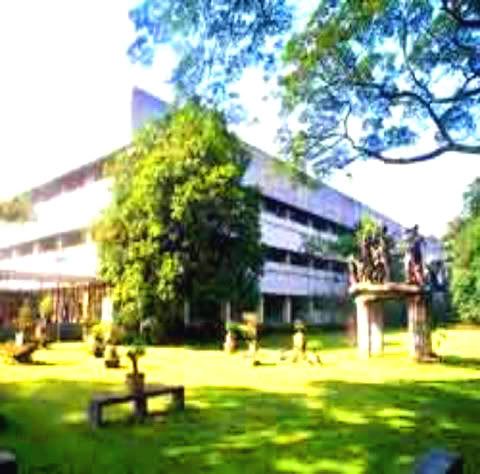
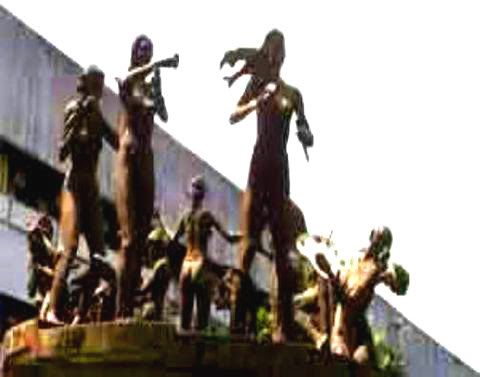
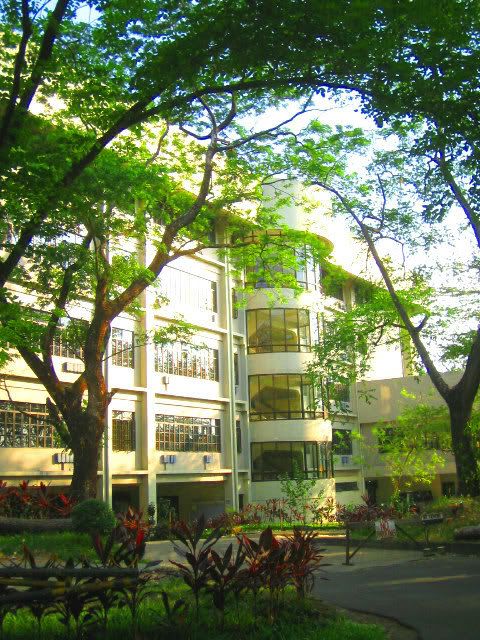
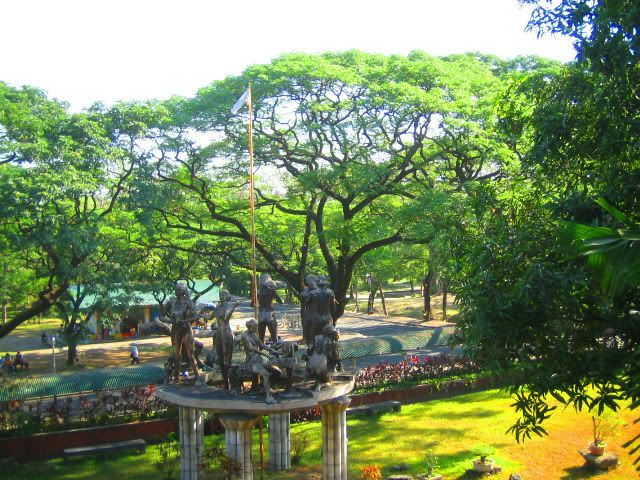
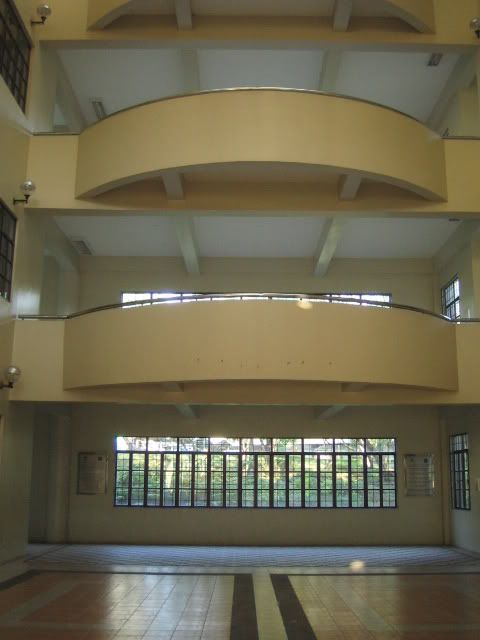
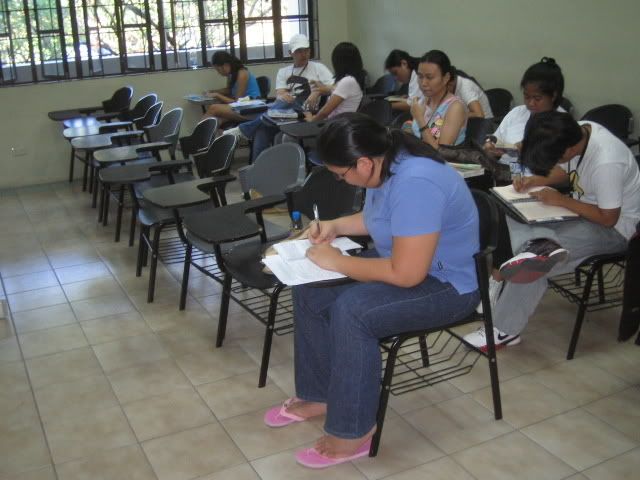
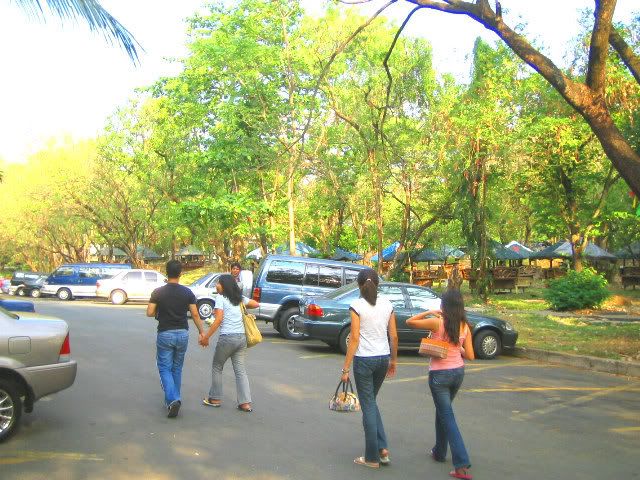
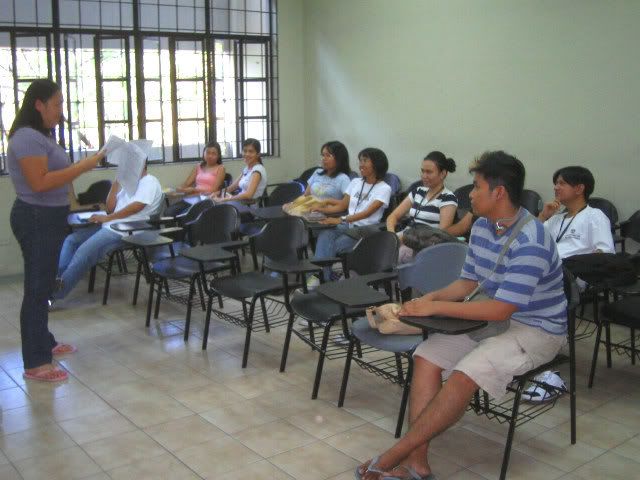
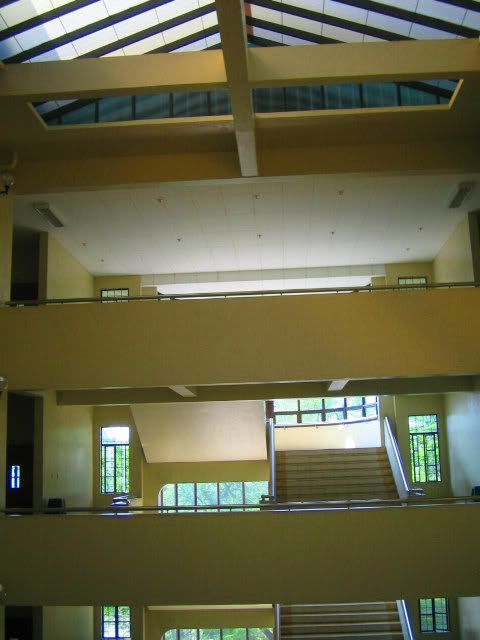
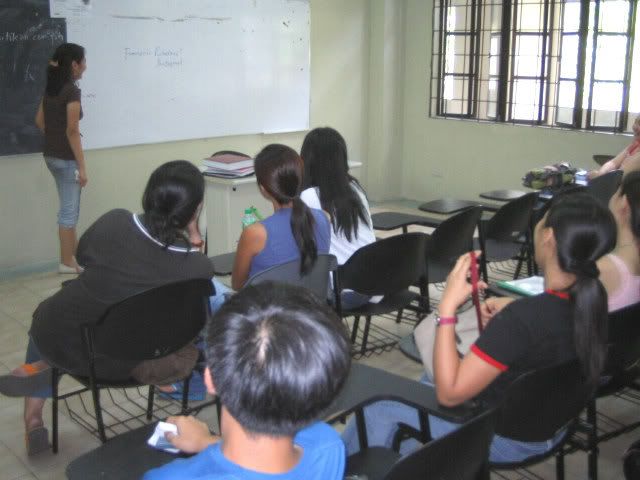
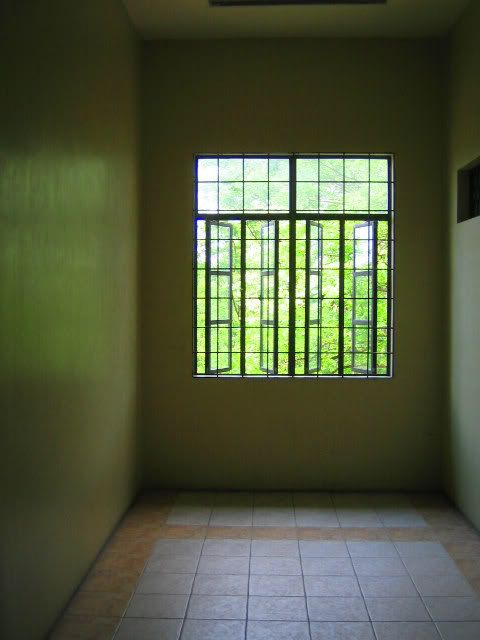
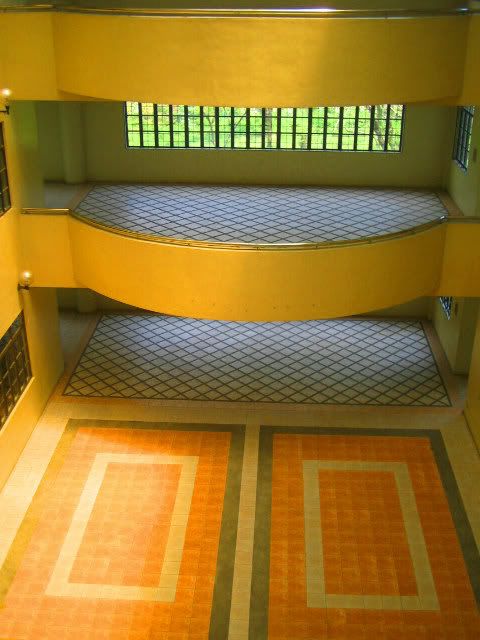
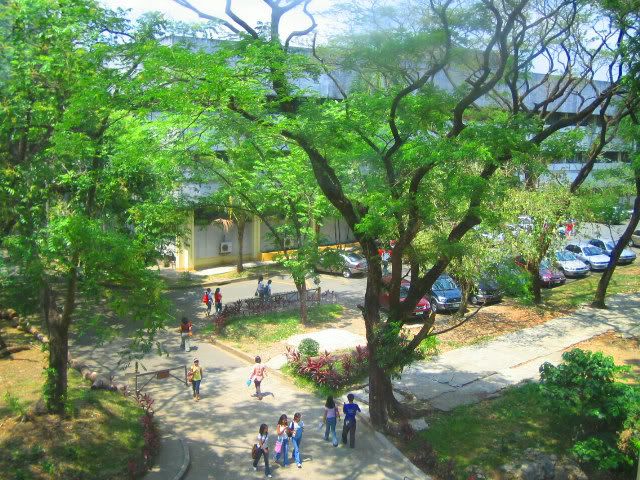
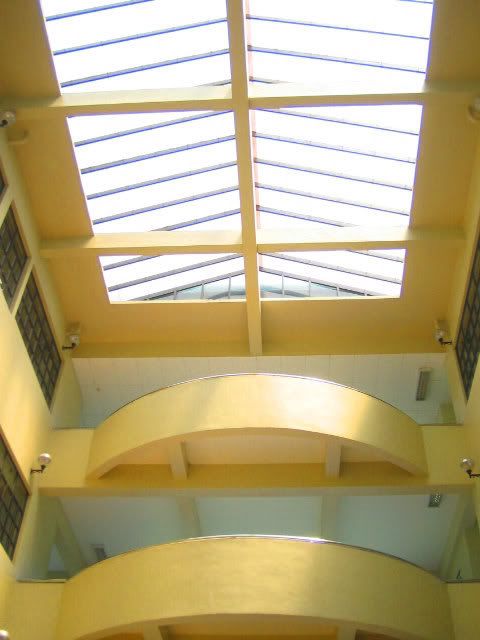
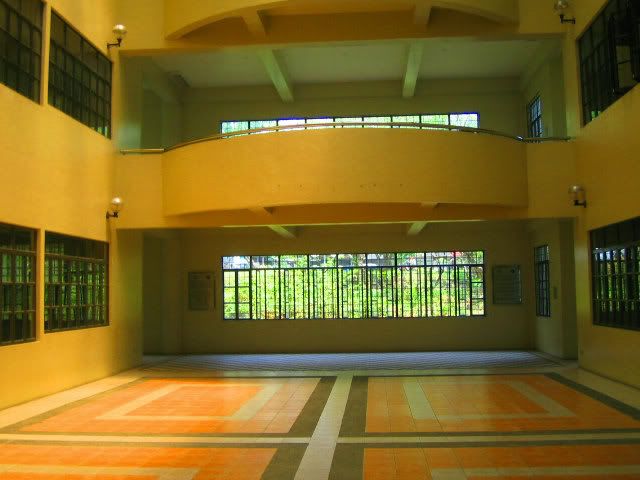
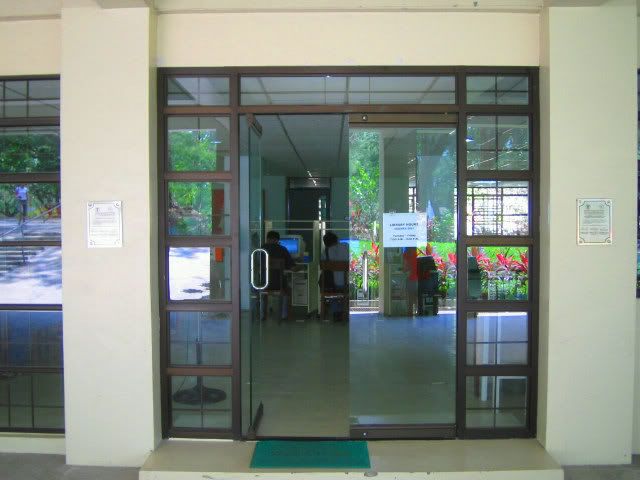
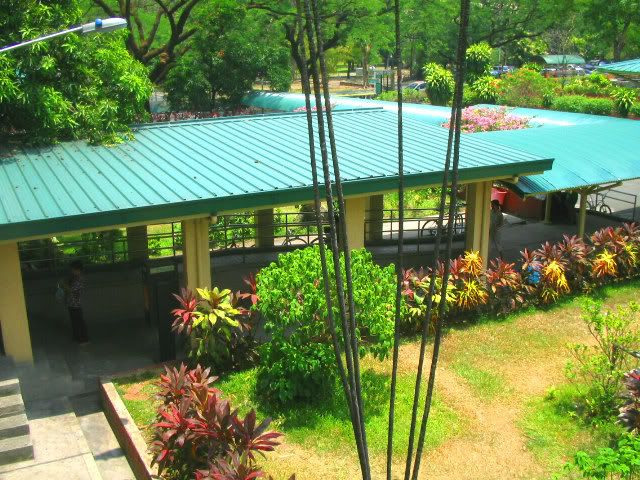
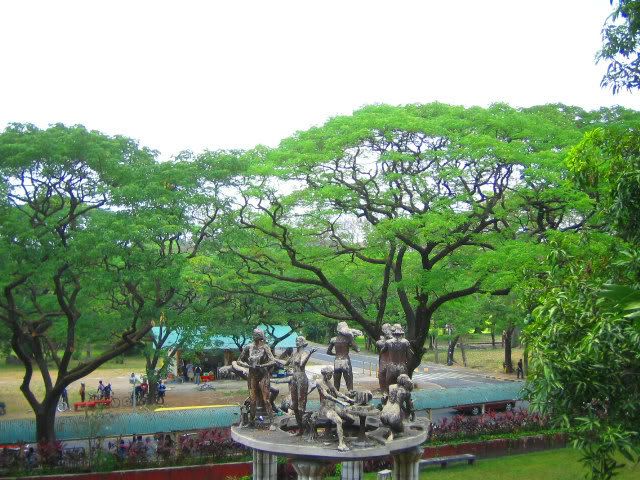
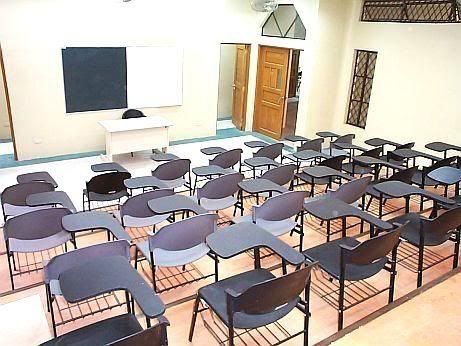
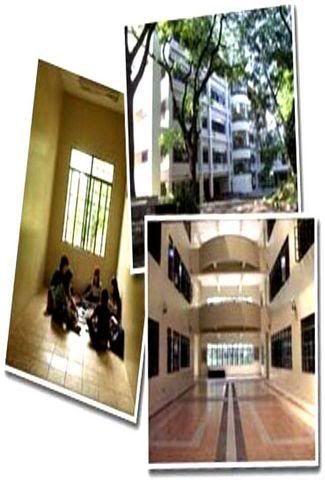
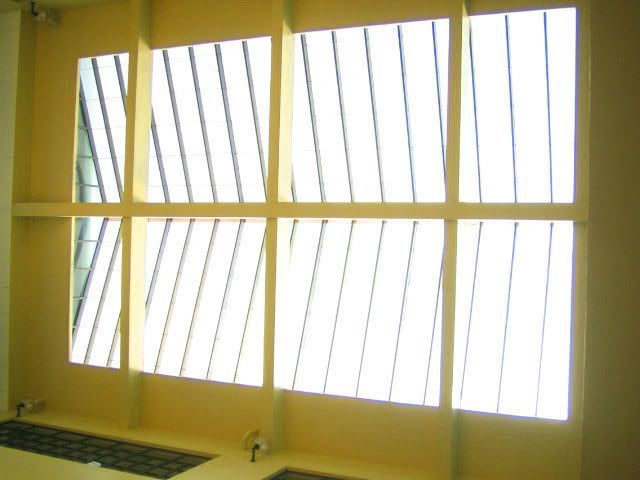

the u.p. college of arts and letters
***
Ways to help UP CAL faculty members
OneIndividuals and groups may organize and raise funds for a UP College of Arts and Letters professorial chair. The professorial chair may be named after the donor/s, a favorite UP/UP CAL teacher, a deceased loved one or a person designated by the donor/s
Two
Have your name inscribed in special commemorative tiles in the Academic Oval area across the UP College of Arts and Letters and the Jorge Vargas Museum to show your support for UP CAL and UP Diliman.
UP Diliman Chancellor Sergio Cao is developing the existing inner sidewalk along the Academic Oval will be developed into The Walk.
Through the project, UP alumni and friends will be tapped to support UP CAL and other UP Diliman faculty. The income generated from the project will form part of the UP Diliman Faculty Development Fund (UPDFD) and will be utilized to support professorial chairs and faculty grants.
The Oval will be rehabilitated using modular blocks, each measuring 1.45m x 0.60m. Each block will carry interlocking pavers at the center, flanked on both sides with pre-fabricated concrete sand finish, on which a leaf patterns and the alumni donor's name(s) are inscribed.
The leaf symbolizes the return of UP Diliman alumni and the flowing interlocking pavers the collective alumni's support, loyalty and love for the Alma Mater.
The first 1,000 tiles will require a donation of P20,000 each; the next 1,000 at P25,000 each and the remaining tiles will be P30,000 each.

Three schemes are available. Option A is for an individual alumnus/alumna; Option B will enable up to four (4) individuals to share one module; and Option C allows a family with a maximum of three (3) members to share one tile.
To make a reservation, email the following details to: upkal2007@gmail.com
Name
Address
Contact numbers (landline, mobile phone, email address)
Choose option:

Name__________________________
Degree/s________________________
_______________________________
_______________________________

Name 1__________________________
Degree/s_________________________
Name 2__________________________
Degree/s_________________________
Name 3__________________________
Degree/s_________________________
Name 4__________________________
Degree/s_________________________

Family name______________________
Name 1__________________________
Degree/s_________________________
Name 2__________________________
Degree/s_________________________
Name 3__________________________
Degree/s_________________________
***
Or, drop by, call or send an email to Philippine National Artist and UP CAL Dean Virgilio S. Almario or UP CAL Associate Dean for Academic Affairs Jose Wendell Capili.
Diliman, Quezon City 1101 Philippines
CAL Website
http://kal.upd.edu.ph
CAL-related websites
http://todaimitaka.blogspot.com/2007_07_01_archive.html
http://upkal.blogspot.com/
CAL Webmail
upkal2007@gmail.com or kal@up.edu.ph
Telephone Number
(+63)(2) 9818500, extension 2101 / 2102 / 2104 / 2105 or 2106
(+63)(2) 4344686 or 9294508
UP CAL will contact you to confirm your reservation. Upon confirmation, donors will be requested to make check payments.
Make checks payable to: College of Arts and Letters Foundation

